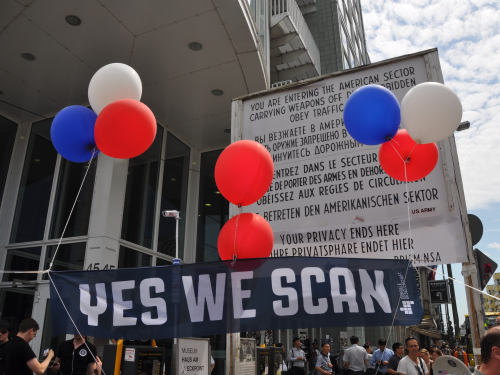
This article was originally published by The Conversation on 24 June, 2015.
The spotlight must be an uncomfortable position for intelligence organisations that would far prefer to remain in the shadows. But since Edward Snowden fled the United States in the summer of 2013, there has been an almost constant drip-feed of stories concerning the operations of the US National Security Agency (NSA) and the UK Government Communications Headquarters (GCHQ). Yet the most recent scoop – originating from Wikileaks – has shown that we would do well to consider these kinds of “revelations” with a little greater care.
At its heart, the claim that the NSA spied on French presidents Jacques Chirac, Nicolas Sarkozy and Francois Holland, effectively boils down to: “country A spied on country B”. As a piece of news, this surely sits alongside the Pope’s status as a Catholic. What else would we expect a national intelligence gathering agency to do? The fundamental purpose of such organisations is to seek out national advantage, in whatever field – whether it is political, economic, military, or otherwise.
